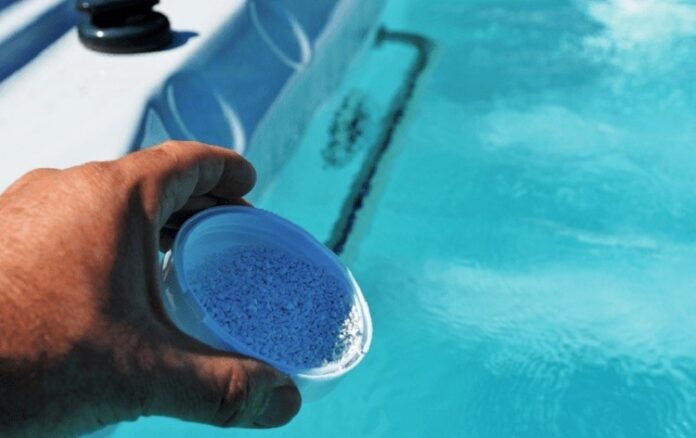Choosing the right hot tub chemicals is an important decision for any hot tub owner. There are many types of hot tubs, and each one requires a different chemical balance. Some people prefer to use chlorine, while others prefer bromine. Some people like to use salt water instead of fresh water in their hot tubs, and some people even have indoor pools with saltwater systems.
While there are many different types of chemicals that you can use in your hot tub, there are also some chemicals that you should never mix together. If you want to keep your hot tub clean and free from algae and bacteria, then it is important that you know what chemicals work well together, as well as which ones don’t work together at all!
Here are the most important things to consider when choosing hot tub chemicals:
Your hot tub water needs to be within the correct pH range for it to be safe for you and your family. Most people have their pH level tested by their local pool store or spa center. If you do not have access to a lab that can test your water, then you should use a pre-packaged kit that is designed for spas or pools and adjust based on the instructions on the package.
You should maintain chlorine levels at 1-3 parts per million (ppm). This will help keep bacteria from growing in your water due to the natural organic matter that enters the water from bathers’ bodies and hair oils, sweat, lotions and soaps used during bathing time in your hot tub. You can either use liquid chlorine or tablets made specifically for spas or pools. You should also add a stabilizer that will help keep chlorine working longer after it has been added to prevent buildup in the lines or filters of your spa.
This is a strong chemical that comes in liquid form. It is used to sanitise your water because it kills bacteria and viruses by oxidising them. The main drawback with chlorine bleach is that it can cause eye irritation if you come into contact with it or get it in your eyes. It also releases chlorine into the air when it dissolves, which can pollute your environment if there’s too much of it around. If chlorine builds up in your hot tub over time, you might end up smelling like a swimming pool!
If you want to maintain a high-quality spa water, you should use hot tub chemicals that are specifically formulated for spas. The pH of your spa water should be between 7.2 and 7.6, ideally closer to 7.4. The total alkalinity must be between 100 and 180 parts per million (ppm), and the bromine or chlorine content should be between 3 and 6 ppm. You can check hot tub chemicals from SpaChem for more information.




